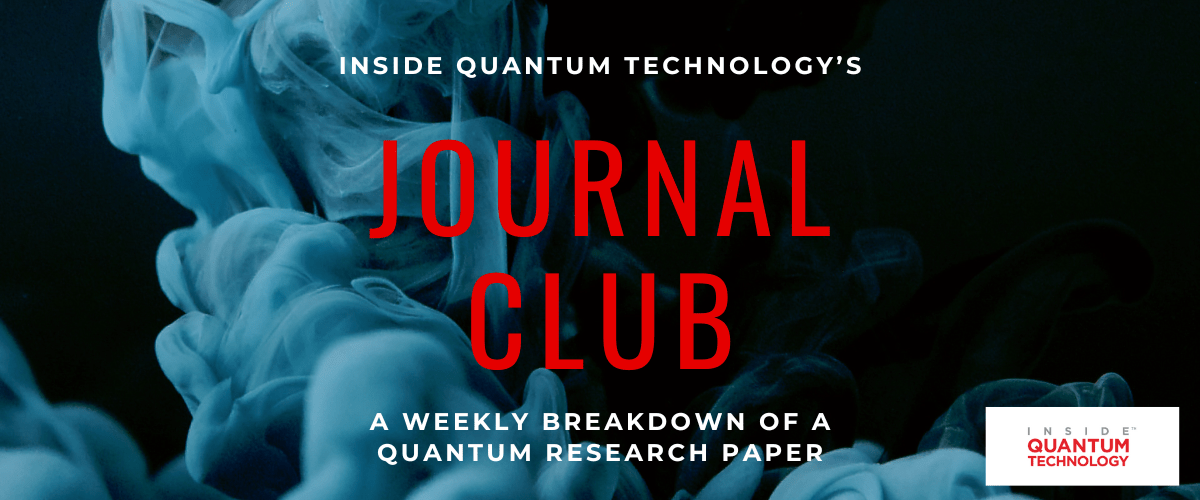IQT’s “Journal Club:” Looking at E-Commerce Enhanced via Quantum Cryptography

IQT’s “Journal Club” is a weekly article series that breaks down a recent quantum technology research paper and discusses its impacts on the quantum ecosystem. This article focuses on a new Science Advances paper experimenting with quantum cryptography for e-commerce.
The quantum technology industry is witnessing a significant development with the introduction of a new quantum e-commerce scheme, which promises to enhance the security and efficiency of online trading. Developed by a team of researchers from Nanjing University and Renmin University of China, this scheme addresses the vulnerabilities of current e-commerce systems to computational attacks by employing quantum cryptography. This innovative approach, published in Science Advances, ensures information-theoretic security against adversaries’ repudiation and forgery, even in imperfect devices.
A New Method for Quantum Cryptography in E-Commcerce
The essence of this scheme lies in its ability to maintain the integrity, authentication, and nonrepudiation of messages over long distances, a crucial requirement for e-commerce transactions. Traditional cryptographic methods, based on computationally hard mathematical problems, are increasingly threatened by advanced quantum algorithms. However, the new quantum e-commerce scheme leverages quantum mechanics to offer a more secure alternative. It utilizes Quantum Key Distribution (QKD) and one-time pad encryption to guarantee message confidentiality. Additionally, it incorporates Quantum Digital Signatures (QDS) to secure message integrity, authenticity, and nonrepudiation.
One of the significant advancements of this scheme is its resistance to attacks from imperfect devices, a common challenge in quantum systems. The scheme achieves a notable signature rate of 0.82 times per second for a 0.428-megabit agreement, even with a maximum attenuation of 25 dB among participants. This performance demonstrates its practical viability for real-world applications.
The proposed scheme operates on a three-party protocol involving a client, a merchant, and a third party (TP) without any trust assumptions on the TP. It decentralizes the e-commerce process, reducing reliance on central authorities and the risk of insider attacks. This approach is particularly beneficial in scenarios like blockchain payment systems, where decentralization is a key feature.
In terms of security, the scheme is robust against various attacks, including repudiation and forgery, ensuring the integrity of e-commerce transactions. Its practical implementation has been demonstrated successfully in a multiuser quantum network, reinforcing its potential as a feasible solution for e-commerce in the quantum era.
Kenna Hughes-Castleberry is the Managing Editor at Inside Quantum Technology and the Science Communicator at JILA (a partnership between the University of Colorado Boulder and NIST). Her writing beats include deep tech, quantum computing, and AI. Her work has been featured in Scientific American, Discover Magazine, New Scientist, Ars Technica, and more.



















